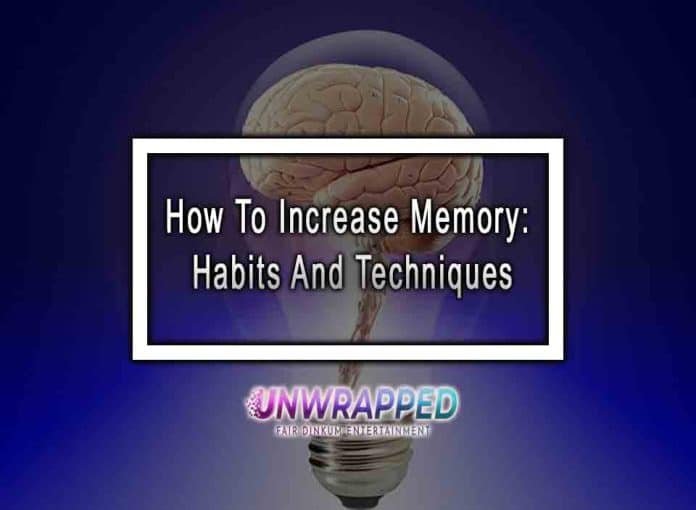It’s possible that even the most organized person might forget something as simple as where they parked their vehicle or the password to their credit card. Even though older people are more likely to have these forgetfulness problems, no one is immune to the dreaded “white.” Therefore, in today’s post, we are going to provide you with some pointers on how to enhance your memory and maybe even postpone the consequences of neurodegenerative illnesses such as Alzheimer’s.
In this article, we will discuss the workings of both short-term and long-term memory. Additionally, we will provide a list of practices and activities that assist in the execution of our cognitive abilities, as well as assets that assist in the normal functioning of memory.
How Memory Works
Memory is a skill that may be improved by first gaining an understanding of how the memory itself functions.
Memory is the capacity of the brain to store knowledge in a way that allows us to recover it when we make an effort to recall it. There are around 86 billion neurons or nerve cells in the human brain on average. They are able to communicate with one another through connections known as synapses at various sites of contact. These connections are the key to unlocking our memories, which we do in and of ourselves.
On the other hand, these synapses can weaken or disintegrate due to a variety of different factors, which may lead to a loss of memory or other information. The brain is able to prune these connections, as well as weaken or delete ones that aren’t being utilized, while we are sleeping.
Damage to the hippocampus, which is a region situated in the cerebral cortex and is directly responsible for the consolidation of both short-term and long-term memories, is another condition that might induce memory loss.
Types of Memory
Short-term memories, also known as working memories, are located in our conscious minds. Long-term memories, on the other hand, are kept in our subconscious minds. Memories may be broken down into these two primary groups.
Short Term Memory
The five senses provide a nonstop source of new data for our brain, which is always being processed. This information is promptly processed by our short-term memory as soon as it reaches us. [Immediately] This sort of memory, which may also be referred to as working memory or short-term memory, often only retains information for a few minutes before it is either permanently preserved or lost.
Long Term memory
On the other hand, long-term memory is analogous to a personal library since it is where the brain accumulates a significant amount of knowledge. However, in order to avoid the data from being kept in long-term memory from becoming inaccessible, it is necessary to retrieve the data on a regular basis. Typically, these memories are associated with certain events and occurrences in our life.
Habits That Help Improve Memory
There are a number of practices that are thought to be basic, that may be incorporated into day-to-day living, and that aid in the improvement of memory:
- Sleep well;
- Practice physical activity;
- Take care of food;
- Meditate;
- Cultivate a good mood;
- Reduce alcohol consumption;
- Sunbathe;
- Have a social life.











